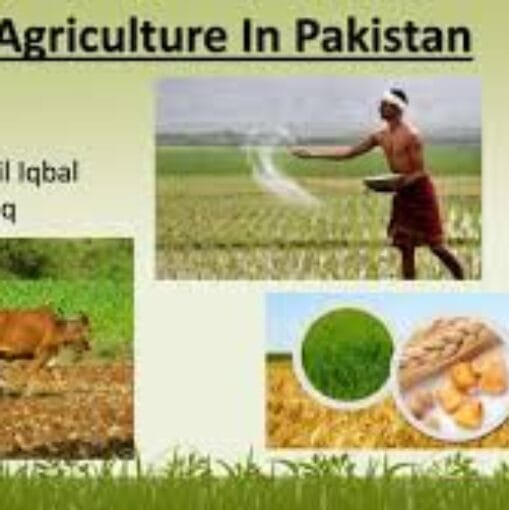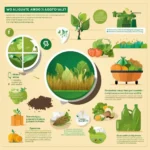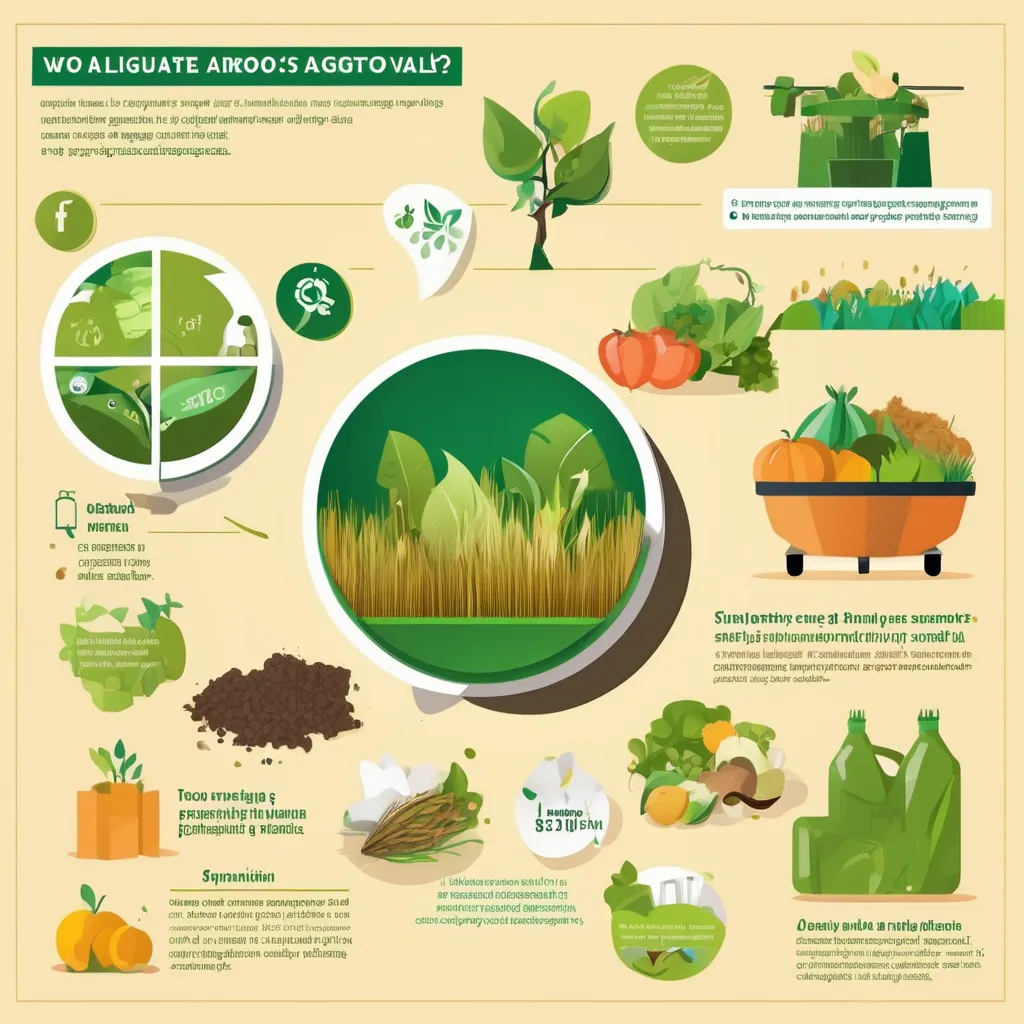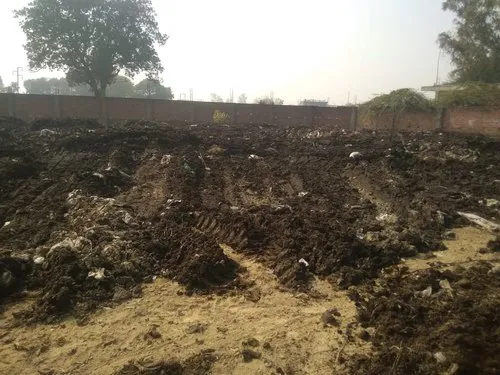Artificial intelligence (AI) is revolutionizing the agriculture sector in Pakistan. According to Muhammad Azeem Tariq, a senior scientific officer at the National Agricultural Research Centre, AI offers solutions to reduce agricultural inputs, increase productivity, and optimize farming operations. The use of AI technologies, such as drones equipped with AI-powered cameras, allows farmers to monitor crop health and detect signs of diseases, pests, or nutrient deficiencies. AI-driven sensors and weather data help optimize irrigation, saving water and energy while maintaining crop health. Furthermore, AI plays a crucial role in connecting farmers to markets through mobile apps and online platforms, ensuring fair prices for their produce. Although there are challenges to overcome, including access, affordability, and digital literacy among farmers, the potential of AI in agriculture is immense and can reshape the future of farming in Pakistan.
Key Takeaways:
- AI is revolutionizing agriculture in Pakistan with its ability to reduce inputs, increase productivity, and optimize farming operations.
- AI-powered drones and sensors help monitor crop health, detect diseases and pests, and optimize irrigation.
- AI connects farmers to markets through mobile apps and online platforms, ensuring fair prices for their produce.
- Challenges like access, affordability, and digital literacy need to be addressed for widespread adoption of AI in agriculture.
- The potential of AI in agriculture is immense and can reshape the future of farming in Pakistan.
The Role of AI in Addressing Future Challenges
AI farming practices and advancements in the Pakistani agriculture sector play a crucial role in addressing future challenges, particularly the increasing demand for food due to rapid population growth. By 2050, the global population is expected to surpass nine billion, necessitating the need for innovative solutions to feed an additional two billion people.
With limited available land for cultivation, AI technologies offer the potential to optimize farming practices and increase agricultural productivity. Precision agriculture, driven by AI, enables farmers to make data-driven decisions and enhance various aspects of their operations.
“By leveraging AI in farming practices, Pakistan can overcome challenges such as climate change, water scarcity, and outdated farming practices,”
Climate change poses a significant threat to agricultural productivity with its adverse effects on weather patterns and the increasing frequency of extreme weather events. AI-powered farming techniques can help mitigate the impacts of climate change by providing real-time data on weather conditions and enabling farmers to implement adaptive measures accordingly.
Water scarcity is another pressing challenge faced by the Pakistani agriculture sector. AI advancements can optimize irrigation systems by analyzing soil moisture levels, rainfall patterns, and crop water requirements, resulting in efficient water management and conservation.
Furthermore, outdated farming practices hinder productivity and sustainability. AI-driven solutions can provide insights and recommendations on crop selection, optimal planting times, and pest and disease management, enabling farmers to adopt more efficient and sustainable agricultural practices.
The use of AI in farming not only addresses these challenges but also promotes sustainable land management, reduces chemical inputs, and minimizes environmental impact. It can revolutionize the agricultural landscape, ensuring a more efficient and sustainable future for Pakistan.
Government Initiatives and Partnerships
The Transformative Potential of AI in Agriculture
The government of Pakistan recognizes the immense impact of AI-powered farming techniques on the agriculture sector. In order to harness the potential of AI and promote its adoption, the government has implemented a series of initiatives and forged strategic partnerships.
“Adopting advanced farming techniques is crucial for improving production, enhancing storage capabilities, and ensuring food security in our country,” emphasized Dr. Kausar Malik, the caretaker Federal Minister for National Food Security and Research.
The government is actively collaborating with the Higher Education Commission to assist in the integration of AI technologies in the agriculture sector. This collaboration aims to foster research and development, promote innovation, and provide the necessary expertise to implement AI-driven solutions successfully.
Moreover, partnerships between public and private entities, both domestic and international, are being formed to catalyze the development and implementation of AI-powered farming techniques. These collaborations will leverage the collective knowledge, resources, and expertise to enhance the effectiveness, productivity, and sustainability of agriculture in Pakistan.
Ensuring Food Security Through AI
This holistic approach to harnessing AI in agriculture is driven by the shared goal of achieving food security for Pakistan. By integrating AI-powered farming techniques, the government aims to enhance production efficiency, optimize resource utilization, and mitigate environmental impact.
The government’s initiatives and partnerships will play a pivotal role in ensuring that farmers have access to the latest AI technologies, knowledge, and training. This will empower them to make data-driven decisions and optimize their farming practices, ultimately leading to increased productivity and improved livelihoods.
With the use of AI in agriculture, Pakistan can address the challenges posed by changing climate patterns, water scarcity, and outdated farming practices. By leveraging the transformative potential of AI, the country can achieve sustainable and resilient agricultural systems that contribute to its economic growth and food security.
Government Initiatives and Partnerships Table:
| Initiatives | Partnerships |
|---|---|
| Collaboration with the Higher Education Commission | Public and private entities in Pakistan |
| Research and development initiatives | International organizations |
| Promotion of AI knowledge and training | Domestic agricultural associations |

LIMS: Revolutionizing Land Management and Agriculture
The Land Information and Management System – Center of Excellence (LIMS) has been established in Pakistan to revolutionize land management and agriculture. LIMS is a digital platform that manages land-related data and aims to ensure food security and optimize agricultural production through innovative technologies and sustainable precision-guided agricultural practices.
LIMS has initiated modern agriculture farming projects, starting from Punjab, and has identified almost 4.4 million acres of land across the country. The project aims to use real-time data on land, crops, weather, and pest management to guide agricultural progress. With a focus on research and development, LIMS aims to enhance production yield, decrease input costs, minimize environmental impact, and support the growth of the agriculture sector in Pakistan.
Conclusion
The transformative role of AI in agriculture in Pakistan holds great promise for the future. AI-powered farming techniques and advancements have the potential to revolutionize the agriculture sector, optimizing farming practices and increasing productivity in the face of growing challenges.
Through government initiatives and partnerships, Pakistan is taking significant steps towards harnessing the power of AI in agriculture. The establishment of the Land Information and Management System (LIMS) demonstrates a commitment to innovative land management and precision-guided agricultural practices that ensure food security and enhance the overall growth of the agriculture sector.
By leveraging AI technologies and solutions, Pakistan can address critical issues such as climate change and water scarcity, while also overcoming outdated farming practices. The integration of AI in the agriculture sector will contribute to a more efficient, sustainable, and prosperous future for Pakistan’s farming communities, bolstering the country’s overall economic growth.
FAQ
What is the role of artificial intelligence (AI) in agriculture in Pakistan?
AI plays a transformative role in agriculture in Pakistan by offering solutions to reduce agricultural inputs, increase productivity, and optimize farming operations. Through AI technologies, farmers can monitor crop health, optimize irrigation, and connect to markets, among other benefits.
How can AI help address future challenges in Pakistani agriculture?
AI-powered farming practices enable data-driven decisions and optimization of various aspects of farming operations. This helps overcome challenges such as climate change, water scarcity, and outdated farming practices, leading to a more efficient and sustainable future for agriculture in Pakistan.
The government of Pakistan recognizes the potential of AI in agriculture and has taken initiatives to promote its adoption. Partnerships between public and private entities, collaborations with foreign and domestic partners, and cooperation with the Higher Education Commission are aimed at enhancing the effectiveness, productivity, and sustainability of the agriculture sector.
What is LIMS and how does it revolutionize land management and agriculture in Pakistan?
LIMS, the Land Information and Management System – Center of Excellence, is a digital platform that manages land-related data. It aims to ensure food security and optimize agricultural production through innovative technologies and sustainable precision-guided agricultural practices. LIMS’s projects utilize real-time data on land, crops, weather, and pest management to enhance production yield, decrease input costs, and minimize environmental impact.
How does the integration of AI in the agriculture sector benefit Pakistan?
The integration of AI in the agriculture sector offers opportunities to optimize farming practices, increase productivity, and ensure food security. It enables Pakistan to tackle various challenges, including climate change, water scarcity, and outdated farming practices, leading to a more efficient, sustainable, and prosperous future for farming communities and contributing to the country’s overall economic growth.
Source Links
- https://www.nation.com.pk/30-Oct-2023/ai-poised-to-revolutionize-agriculture-in-pakistan
- https://www.brecorder.com/news/40279475
- https://stratheia.com/land-information-and-management-system-a-step-towards-pakistans-modern-agricultural-revolution/







Your article helped me a lot, is there any more related content? Thanks!